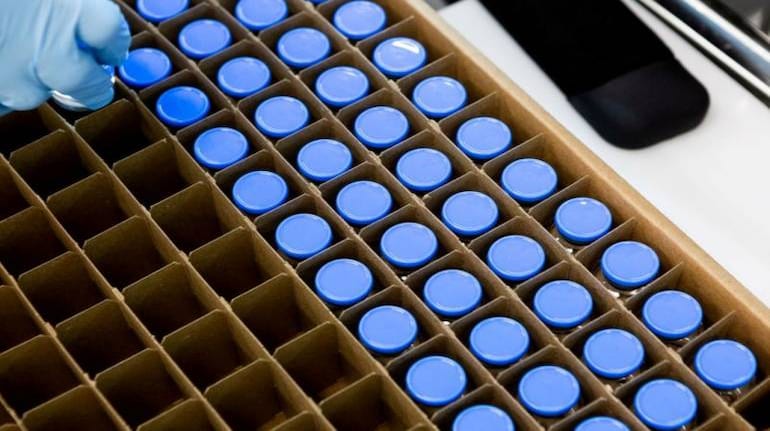
Imports from pharmaceutical major Mylan, containing raw materials for Remdesivir and Favipiravir, have been stalled at Mumbai Air Cargo for five days, CNBC-TV18 reported.
Studies have found that anti-viral drugs Remdesivir and Favipiravir can aid in the treatment of novel coronavirus, or COVID-19.
The Maharashtra government on June 25 said it would procure anti-viral drugs Remdesivir and Favipiravir in large quantities for treatment of COVID-19 patients.
With over 1.6 lakh COVID-19 infections, Maharashtra is the most-affected state, and currently has over 70,000 active cases.
Gilead Science's Remdesivir has been found to speed the recovery time for COVID-19 patients. In India, Hetero Drugs and Cipla have received permission to manufacture and market remdesivir.
Discover the latest business news, Sensex, and Nifty updates. Obtain Personal Finance insights, tax queries, and expert opinions on Moneycontrol or download the Moneycontrol App to stay updated!